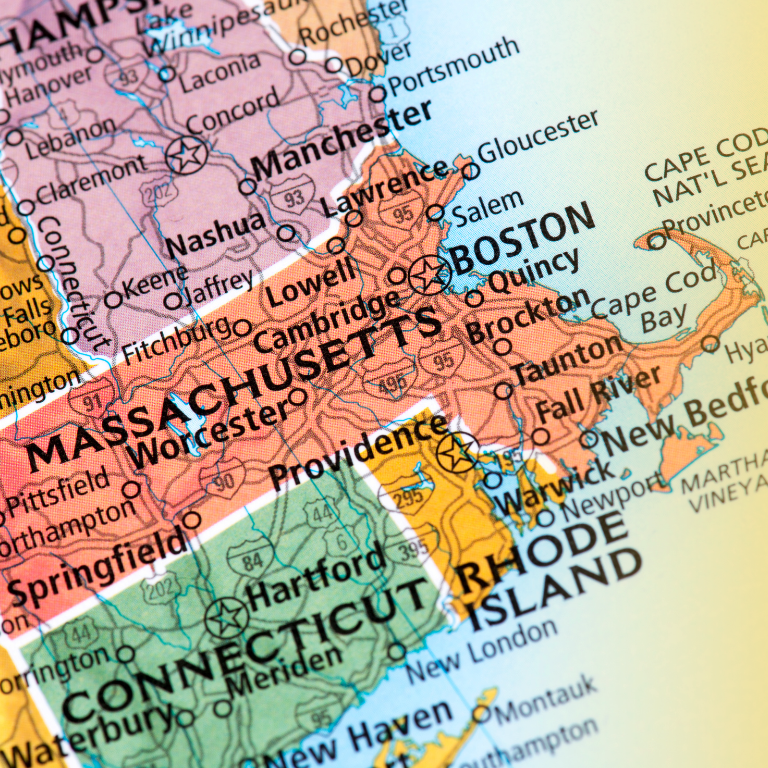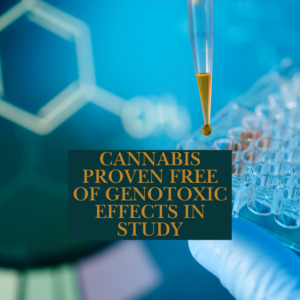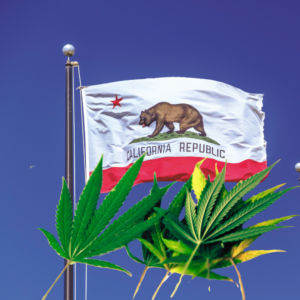Massachusetts Voters Weigh Psychedelic Legalization

Massachusetts on the Cusp of Psychedelic Legalization: What to Expect in November
This November, Massachusetts voters will have a significant decision to make that could place the state at the forefront of psychedelic legalization. If approved, the Regulated Access to Psychedelic Substances Initiative, commonly referred to as Question 4, would position Massachusetts as the third state to legalize psychedelics, following Oregon and Colorado. The initiative aims to create a regulated-access model for treating mental health conditions while decriminalizing psychedelics for personal use across the state.
Key Provisions of Question 4
Question 4 outlines a comprehensive framework for the legalization of five specific psychedelic substances: DMT, ibogaine, mescaline, psilocin, and psilocybin. If the measure passes, these substances would be legal for adults aged 21 and older by the year 2028, with a phased rollout starting in 2026.
The measure emphasizes the use of naturally derived psychedelics, specifically:
Psilocybin and psilocin sourced from mushrooms
DMT and ibogaine derived from various plants
Mescaline extracted from certain cacti, explicitly excluding peyote
Decriminalization and Personal Use
In a move towards personal freedom, Massachusetts residents would be permitted to cultivate allowed psychedelic substances in a secure area measuring 12 feet by 12 feet. Additionally, individuals could possess specified amounts of these substances for personal use, which include:
1 gram of DMT
1 gram of psilocybin
1 gram of psilocin
18 grams of mescaline
30 grams of ibogaine
This aspect of the initiative aims to empower individuals to explore psychedelic therapies in a safe and controlled manner.
Regulation and Oversight
To ensure the responsible use and distribution of psychedelics, a five-member commission would be established, alongside a 20-member advisory board tasked with overseeing the regulation of these substances within the state. Local officials would have the authority to impose restrictions on licensed wellness centers, but they would not be allowed to ban them entirely. Importantly, MassHealth, the state’s Medicaid program, would include legal psychedelic treatments as part of its behavioral health care offerings.
Support and Potential Impact
Support for Question 4 has been robust, with prominent figures like David Ullian, a Boston-based attorney, expressing optimism about its passage. Ullian points to Massachusetts’ historically progressive stance on social issues and an increasing public appetite for reform in psychedelic policy as indicators of potential success. As of now, the initiative has garnered over $5 million in support, reflecting a strong grassroots movement in favor of this progressive legislation.
If passed, Massachusetts would join Oregon and Colorado in setting a precedent for alternative mental health treatments, potentially reshaping the landscape of mental health care and offering new avenues for therapy that some argue are long overdue.
Timeline and Next Steps
Should Question 4 be approved by voters in November, the new act is set to take effect on December 15, 2024. The commission responsible for overseeing the rollout of this initiative is expected to begin accepting license applications by September 30, 2026. This timeline indicates a carefully structured approach to implementation, ensuring that the transition to legalized psychedelics is both orderly and accountable.
As the vote approaches, all eyes will be on Massachusetts, with many eager to see whether the state will take this bold step towards psychedelic reform and potentially influence a broader national conversation on the therapeutic benefits of these substances.











